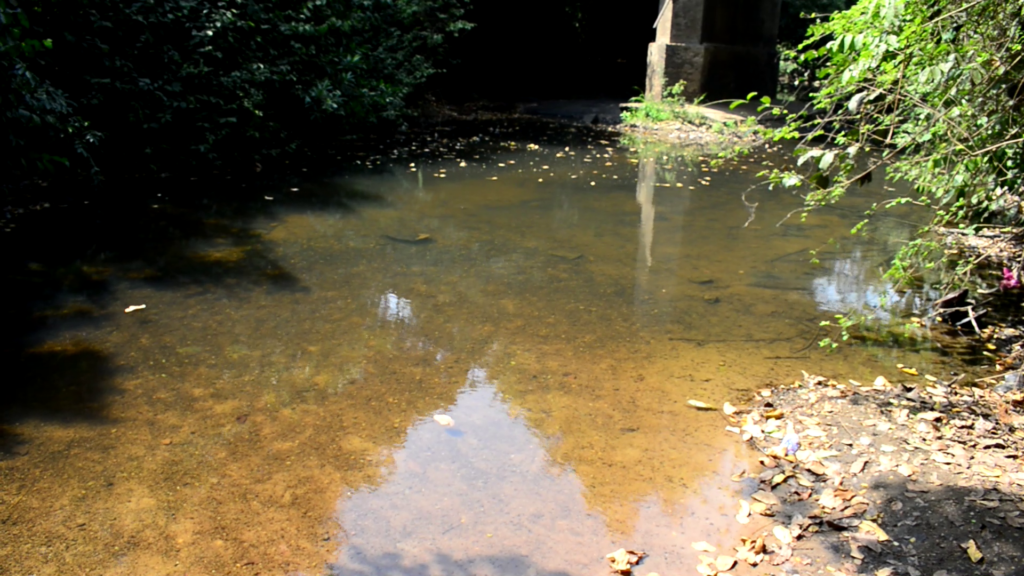Water scarcity is a growing concern in many parts of Ghana, and the situation in Agotime Ziope and Adaklu Districts is no exception. With the Tordze River, a crucial water source for these areas, now facing increasing pollution, residents are bracing for even more dire water shortages in the near future. This alarming situation highlights the urgent need for sustainable water management and stricter pollution control to safeguard water resources for local communities.
The Tordze River: A Lifeline for Agotime Ziope and Adaklu
The Tordze River has long been a key water source for thousands of people living in the Agotime Ziope and Adaklu Districts. It provides water for drinking, irrigation, and daily domestic use, serving as an essential lifeline for the people in these communities. However, over the years, this once-pristine water source has been severely compromised due to increasing pollution from various sources, including industrial activities, poor waste management practices, and illegal mining operations.
The Growing Threat of Pollution
The pollution of the Tordze River is not just an environmental issue; it is a pressing health and livelihood concern for residents of the Agotime Ziope and Adaklu Districts. Contaminants such as heavy metals, chemicals, and waste runoff are making their way into the river, leading to the deterioration of water quality. As a result, the already limited supply of clean water is becoming more and more polluted, endangering the health of those who rely on it.
The situation is particularly critical in these districts, where access to alternative clean water sources is minimal. Without immediate intervention, the pollution of the Tordze River is expected to worsen, exacerbating the already dire water scarcity issues faced by the community.
Impacts of Water Scarcity and Pollution
- Health Risks
Polluted water carries a range of health risks, including waterborne diseases like cholera, dysentery, and typhoid fever. With communities depending on the Tordze River for their water supply, the contamination of this vital resource poses a direct threat to public health. - Agricultural Challenges
Many farmers in the region rely on the Tordze River for irrigation. As the water quality declines, it affects crop production and threatens food security. The scarcity of clean water further complicates agricultural practices, leading to poor yields and economic losses for farmers. - Increased Water Shortages
Water scarcity is already a major issue in Agotime Ziope and Adaklu Districts, and the worsening pollution of the Tordze River is expected to intensify these challenges. With fewer clean water sources available, the region may face more frequent and severe water shortages, affecting daily life and economic activities.
What Needs to Be Done?
Immediate action is needed to address both the pollution and water scarcity in these districts. Some key steps include:
- Improved Waste Management: The government and local authorities must enforce stricter waste management regulations to reduce the pollution of water sources like the Tordze River.
- Water Treatment Solutions: Investing in water treatment technologies to purify contaminated water could provide a short-term solution to the water crisis.
- Community Awareness: Educating local communities on the importance of protecting water sources and adopting sustainable practices can help mitigate pollution in the long term.
- Stronger Enforcement of Environmental Laws: Authorities must crack down on illegal mining and industrial activities that contribute to the pollution of water sources.
The pollution of the Tordze River is a critical issue that threatens the livelihoods and health of residents in Agotime Ziope and Adaklu Districts. As water scarcity continues to worsen, the need for action has never been more urgent. By prioritizing clean water access, enforcing environmental regulations, and implementing sustainable solutions, Ghana can help safeguard its precious water resources for current and future generations.

